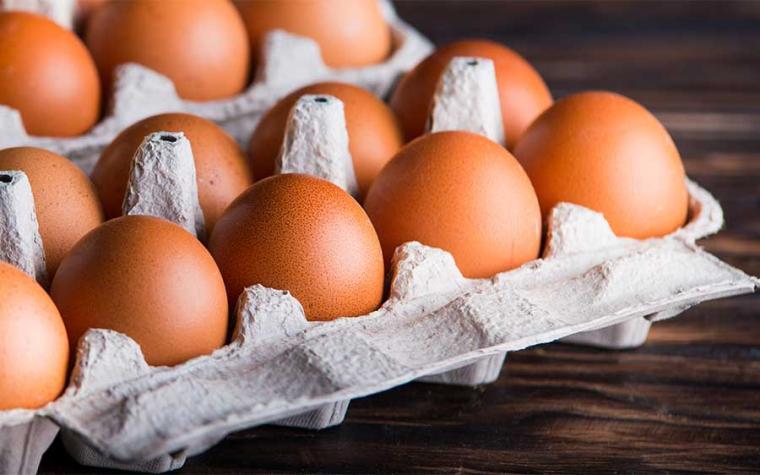

Experts urge biosecurity in poultry flocks
COLUMBIA, Mo. – Strict biosecurity is urged in Missouri poultry operations to prevent the spread of highly pathogenic avian influenza (HPAI), which has been confirmed in five southwestern Missouri counties. Federal officials have confirmed HPAI in commercial poultry flocks in Newton, Jasper, McDonald, Lawrence and Barry counties.
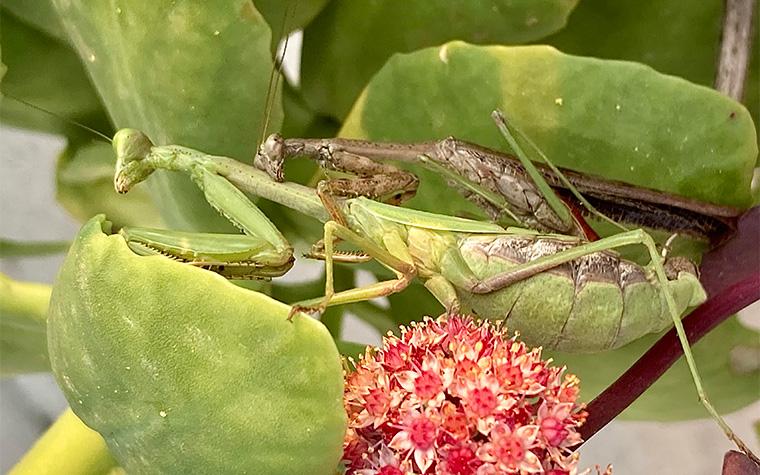
This Valentine's Day, be a love bug
COLUMBIA, Mo. – Valentine’s Day isn’t just for humans, says University of Missouri Extension urban entomologist Emily Althoff. Missouri insects need and deserve love, too. Insects affect the environment with major roles in pollination, pest control, decomposition and the food web, Althoff says. “Ensuring insects are happy and healthy is important to sustaining our environment as well as agriculture.”

Candy is dandy, except for pets
COLUMBIA, Mo. – Your furry friends likely share your fondness for Valentine’s Day chocolate and other seasonal confections. But candy, especially chocolate, is anything but sweet for your pet, says University of Missouri Extension veterinary toxicologist Timothy Evans. The ASPCA Animal Poison Control Center ranks chocolates as the seventh top pet toxin.
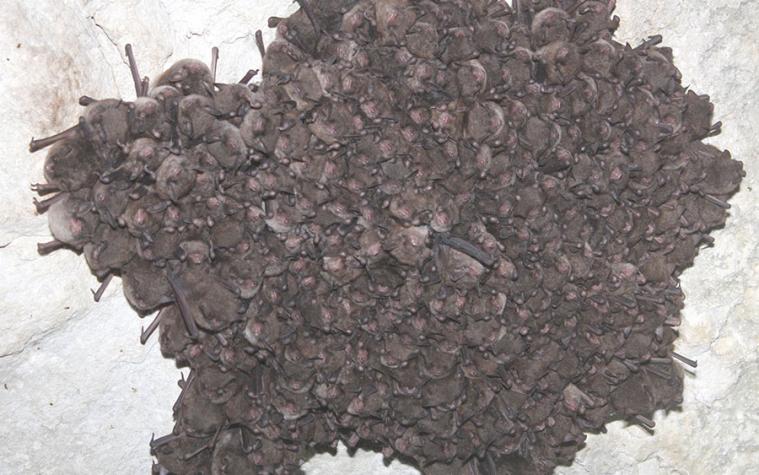
Master Naturalists study rare bats in NE Missouri
INDIAN CREEK, Mo. – Members of the Mississippi Hills Missouri Master Naturalist chapter, located in the Hannibal area, are excited about a growing population of an endangered bat species that inhabits two locations in northeastern Missouri.
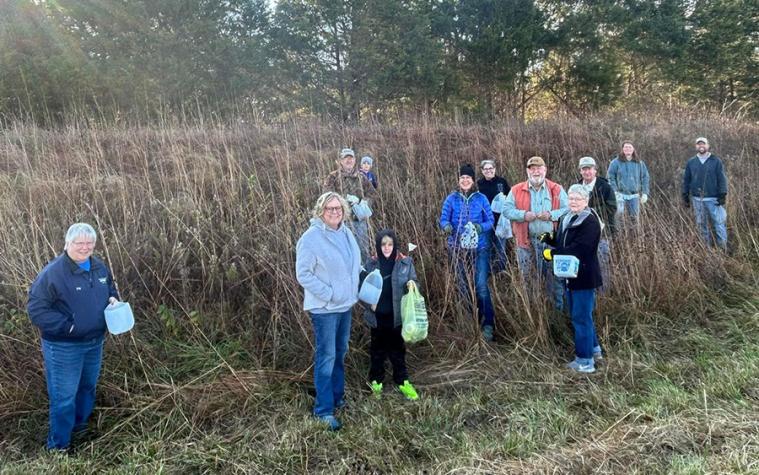
Master Naturalists: Improving Missouri's environment for 20 years
HANNIBAL, Mo. – For the past 20 years, Master Naturalists have conducted educational projects and volunteer community service to improve Missouri’s environment. Master Naturalists are drawn to everything in nature from birds and bats to bees and trees.

10 tips to keep the romance in relationships
Keep the spark alive with these 10 expert-backed tips to nurture romance, deepen connection, and strengthen your relationship every day.

Colorful flowers, sweet treats and relationship tips for Valentine’s Day
There’s more to Valentine’s Day than roses and chocolate. Bouquets and floral arrangements are often used to say simply “I love you” or “thank you,” but, as University of Missouri Extension horticulturist David Trinklein explains, people have used floriography, the language of flowers, to express a variety of sentiments and messages.

The language of flowers blossoms on Valentine's Day
COLUMBIA, Mo. – More than a century ago, the floral delivery service FTD adopted the slogan “Say it with flowers.” It turns out you can say quite a bit with flowers, notes University of Missouri Extension state horticulturist David Trinklein. Floriography, the language of flowers, refers to communicating cryptically through the meaning or symbolism of certain flowers and flower colors.

Fall for strawberries, the fruit of love
COLUMBIA, Mo. – Strawberries are a delectable treat any time of year, but in February they are known as the fruit of love, says University of Missouri Extension horticulturist Michele Warmund. Long before the celebration of Valentine’s Day, the strawberry symbolized love and fertility due to its shape, color and wealth of seeds on the fruit surface.
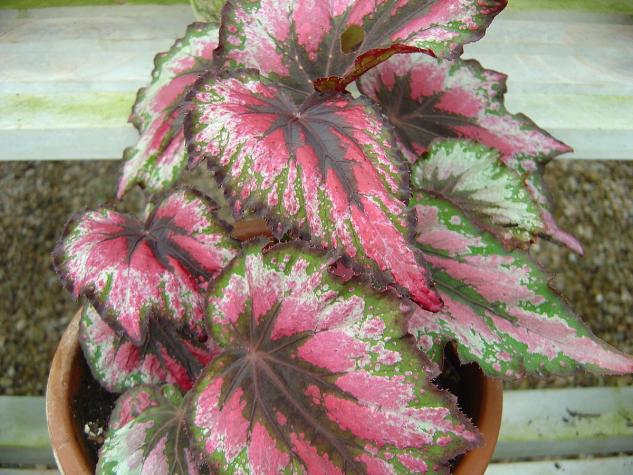
Heart-shaped leaves can add to a Valentine’s Day gift
COLUMBIA, Mo. –While roses steal the show on Valentine’s Day, many plants produce heart-shaped leaves that can be a part of a bouquet or gift. One of the best known and easiest to grow or buy is the heartleaf philodendron, said University of Missouri Extension horticulturist David Trinklein. “This vining plant produces shiny green leaves with perfect heart shapes,” he said.

Food safety tips for Super Bowl parties
COLUMBIA, Mo. – Super Bowl Sunday is the second-largest food consumption day in the U.S. after Thanksgiving, and game day comes with supersized food safety risks. “Food safety risks are high because perishable food often sits out for hours during Super Bowl parties,” said Lakshmikantha “Kantha” Channaiah, University of Missouri Extension food safety specialist. “And that can lead to foodborne illnesses.”
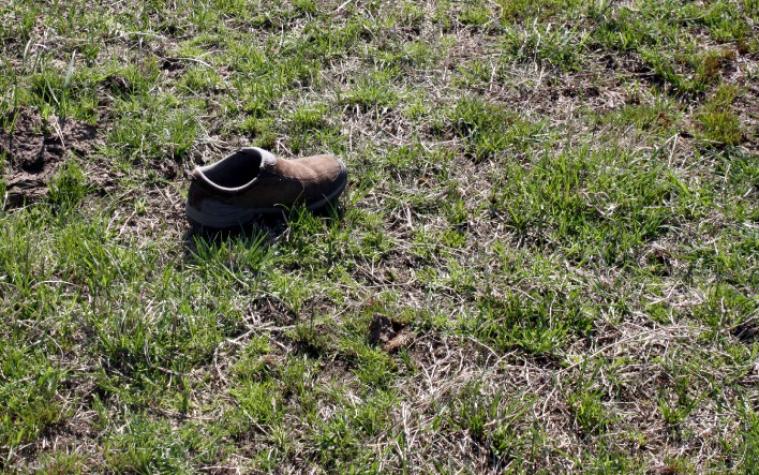
Frost-seeding legumes pays big dividends
HERMITAGE, Mo. – Frost-seeding legumes now can pay big dividends later, says University of Missouri Extension field specialist in agronomy Terry Halleran. Frost-seeding is a low-cost method of broadcasting legumes over frozen ground into an existing pasture. Legumes offer many benefits but require proper management, says Halleran.
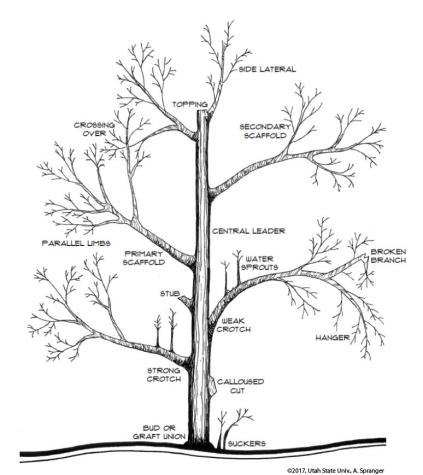
Prune fruit trees in midwinter
COLUMBIA, Mo. – The best time to prune fruit trees in Missouri is midwinter, according to University of Missouri Extension horticulture specialist Debi Kelly. “There are many reasons to prune fruit trees, and you want to do it before bud break in the spring,” said Kelly, who held a workshop on pruning Jan. 25 at MU Jefferson Farm and Garden in Columbia.

Cyclamen: the houseplant with an amorous history
COLUMBIA, Mo. – The cyclamen is Cupid’s flowering love child. For centuries, people have associated cyclamens with matters of the heart, making it a perfect Valentine’s Day choice, said University of Missouri Extension horticulturist David Trinklein.

Flowering bulbs brighten spring gardens
STE. GENEVIEVE, Mo. – Few things thaw feelings of winter’s cold more than spring flowering bulbs, says University of Missouri Extension field horticulturist Katie Kammler. Spring bulbs are Nature’s way of rewarding gardeners for their work in fall, providing early color and blooms before most annuals and perennials. While spring is their time to shine, bulbs need cool weather to flower. They require a chilling period after being…
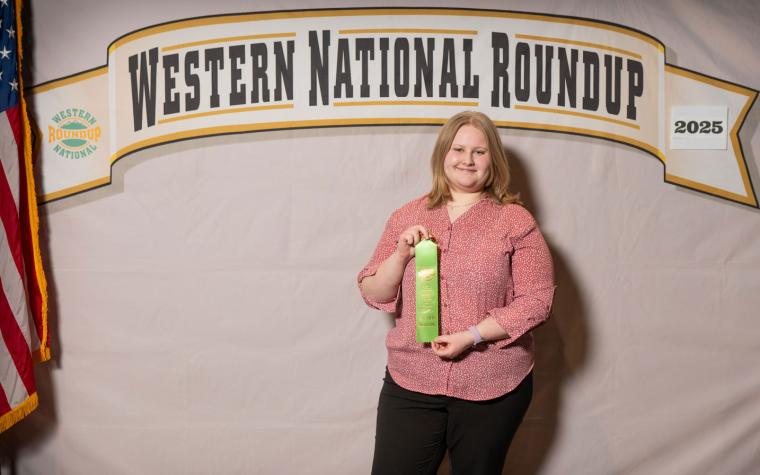
Missouri 4-H'ers compete in public speaking at Western National Roundup
COLUMBIA, Mo. – Two Missouri 4-H members competed in January at the 2025 Western National Roundup Public Speaking Contest, an annual event held in tandem with the Western National Stock Show in Denver. This year, Marah Greiman of Marion County and Alyssa Thornhill of Adair County competed in prepared and impromptu speaking. Thornhill placed fifth overall in impromptu speaking at the contest, said Megan Kershner, state 4-H leadership…
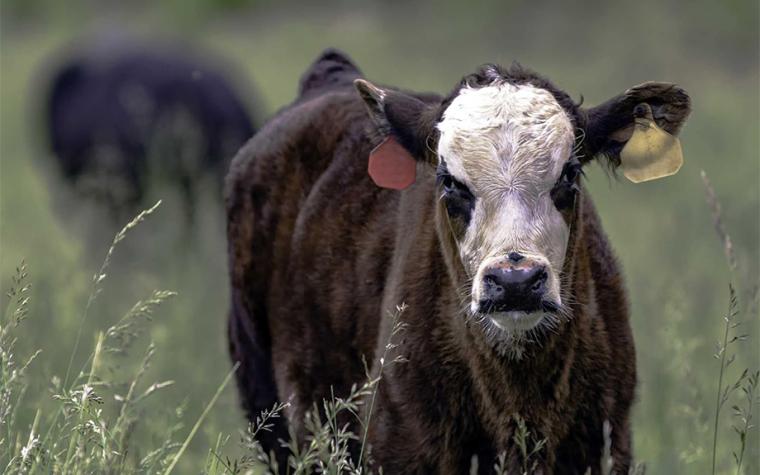
Time to rethink deworming the beef herd
SALEM, Mo. – The use of commercial livestock dewormers has paid off in terms of animal health and productivity, but it has also resulted in resistance among parasite populations. “As dewormers lose effectiveness, producers need to develop a broader strategy for managing internal parasites in their livestock,” said Eric Meusch, University of Missouri Extension livestock specialist. Resistance to deworming products
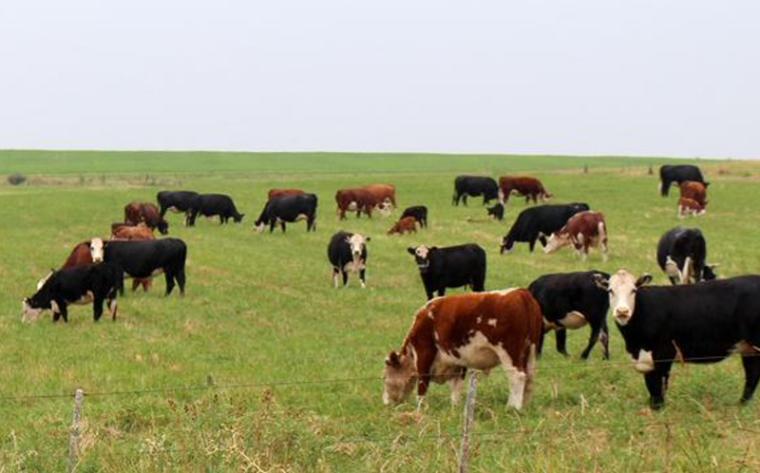
Benefits of beef cow leasing
COLUMBIA, Mo. – Leasing instead of purchasing cows can be an effective financial strategy for cow-calf producers. A new publication by University of Missouri Extension specialists, “Introduction to Beef Cow Leases,” details how beef cow leases work. It is available for free download at https://extension.missouri.edu/publications/g434.

Give Valentine's Day flowers some TLC
Learn how to extend the life of Valentine's Day flowers with a simple homemade preservative and expert tips to keep them fresh longer.
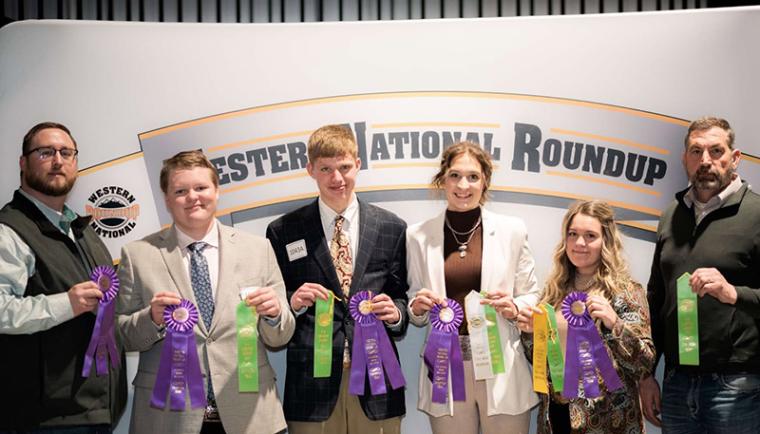
Missouri 4-H livestock judging team in top 10 at Western National Roundup
DENVER, Colo. – Missouri 4-H was well-represented at the 2025 Western National Roundup Livestock Judging Contest, held in Denver, Colo., on Jan. 10. The Livingston County team placed sixth out of 25 competing teams.

A Century of Growth: Celebrating Missouri 4-H families
COLUMBIA, Mo. – The Missouri 4-H Foundation proudly celebrates seven families as recipients of the 2024 Missouri 4-H Century Family Award. This award recognizes families who have collectively dedicated 100 years or more of membership and volunteer service to the Missouri 4-H program, showcasing their profound impact on youth development and community enrichment. 2024 Century Family Award recipients: Cass County • The Caldwell Family
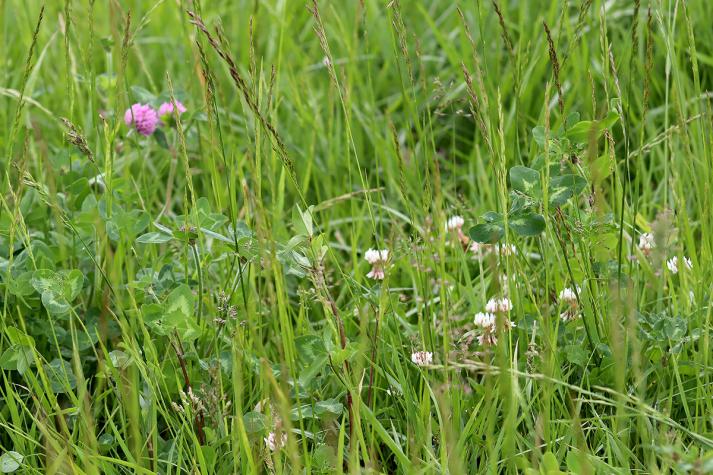
Frost seeding legumes improves pastures several ways
LINNEUS, Mo. – Adding diversity to a pasture can make it more productive than growing tall fescue alone. Diversity can also aid in reducing or diluting the effects of fescue toxicity, improve nutritive value of forage, increase weight gain and enhance soil health, says University of Missouri Extension state forage specialist Carson Roberts.
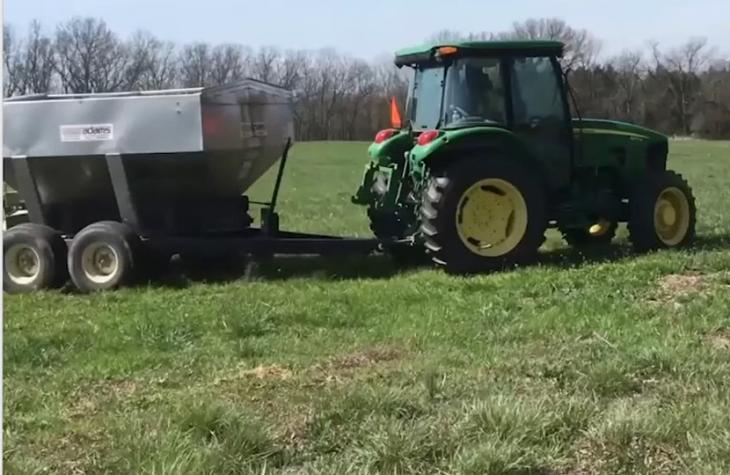
Are there opportunities to cut fertilizer costs in 2025?
COLUMBIA, Mo. – University of Missouri Extension economist Ben Brown and others predict 2025 corn prices will drop below $4.50 per bushel. This is one of a series of articles by University of Missouri Extension specialists suggesting ways to reduce input costs in a year that many farmers may struggle to keep production costs below the price of corn.

Cattle recordkeeping system for success
STOCKTON, Mo. – “As a new year begins, cattle producers may find value in looking back at the previous year to evaluate the operation’s productivity and profitability,” says Patrick Davis, University of Missouri Extension livestock field specialist. In this previous year’s evaluation, cattle producers should evaluate their recordkeeping system and determine if it was successful or if changes are needed.
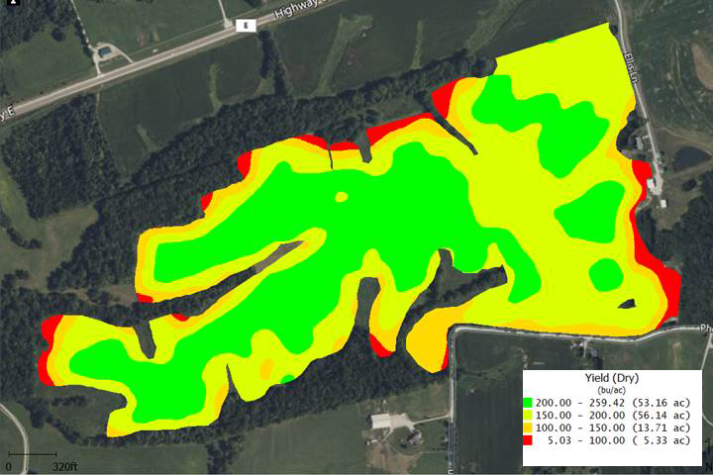
10 ways to manage high input costs in 2025
ST. JOSEPH, Mo. – University of Missouri Extension agronomist Wayne Flanary says 2025 likely will be a year when corn producers need to batten down the hatches to offset low sale prices and high input costs. MU Extension ag business economist Ben Brown and others predict that corn prices will fall below the $4.30 mark by the end of 2025, a marked drop from $6.54 per bushel in 2023.